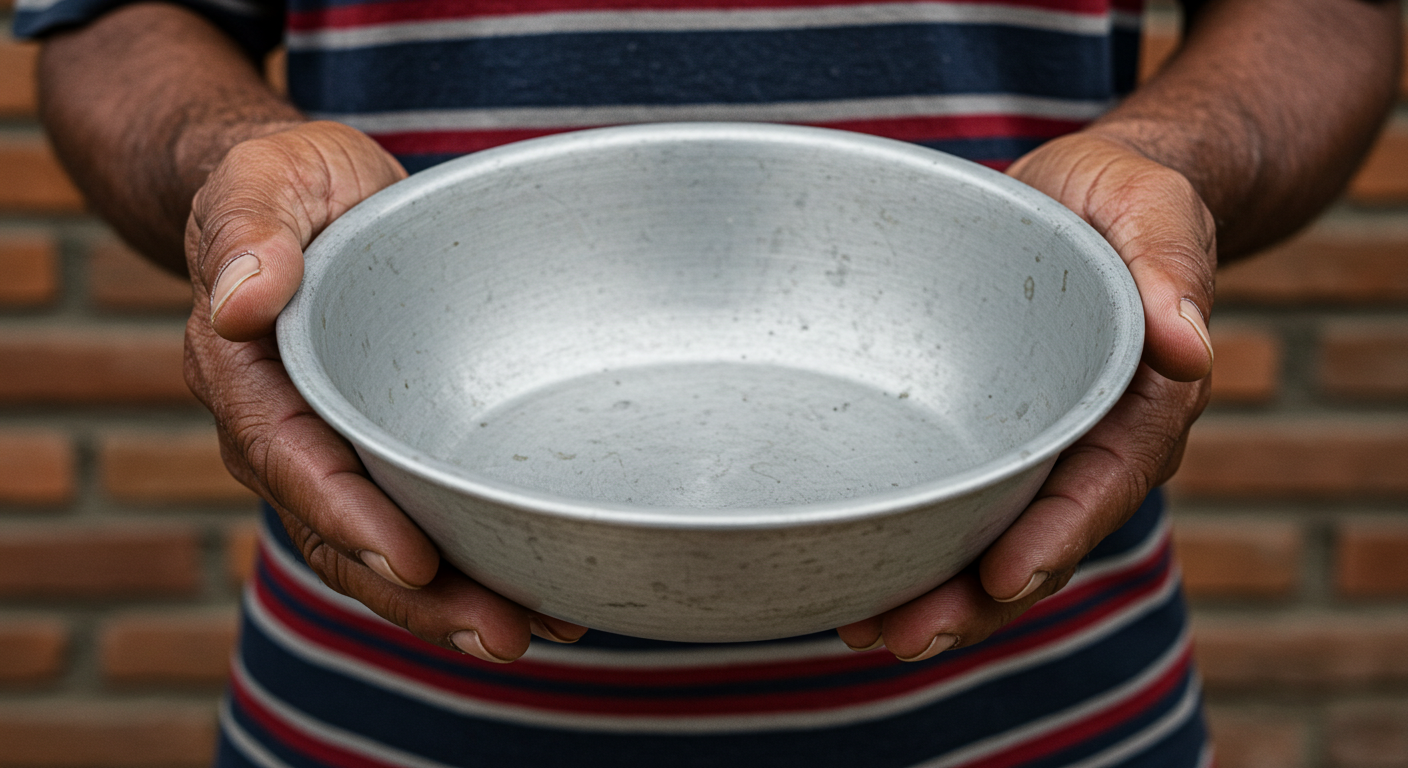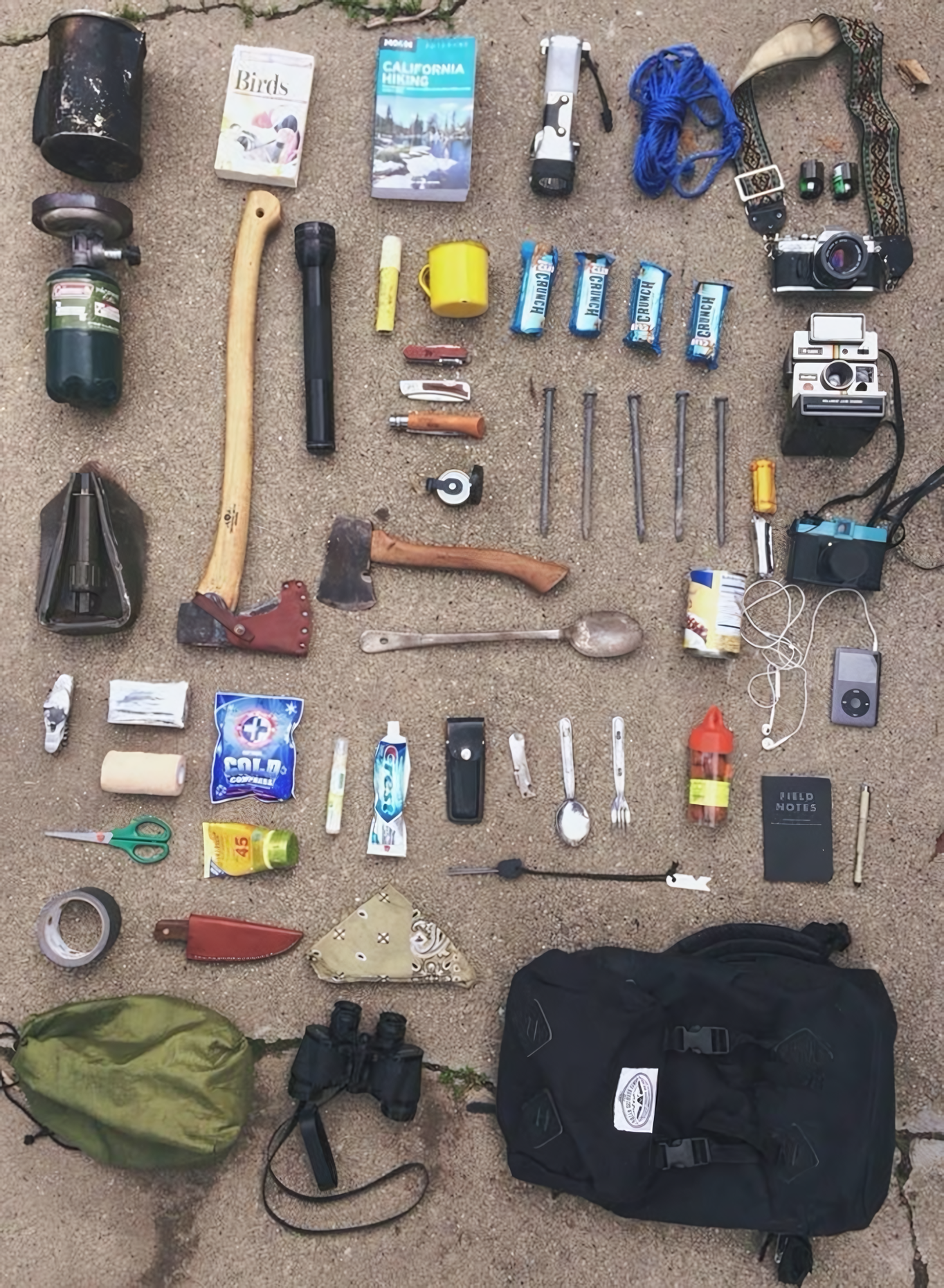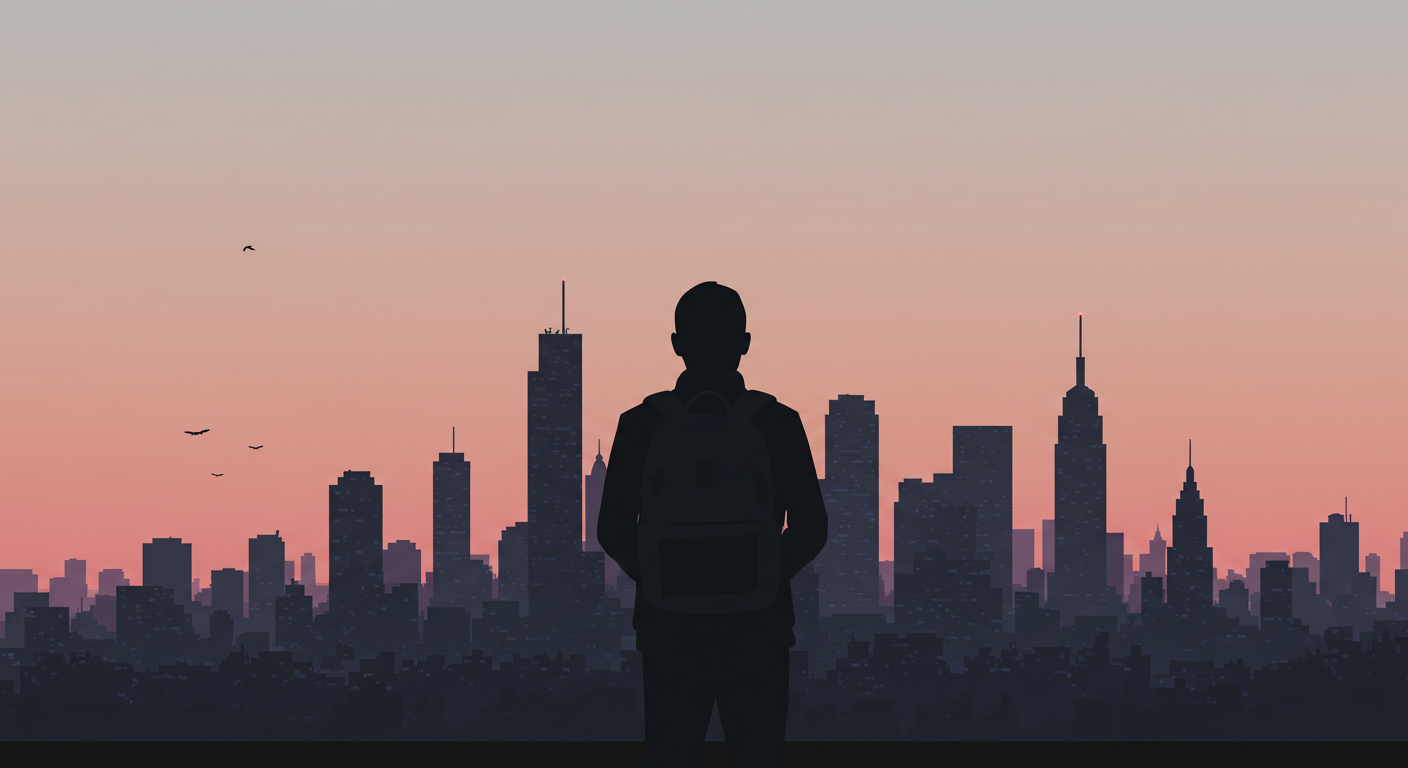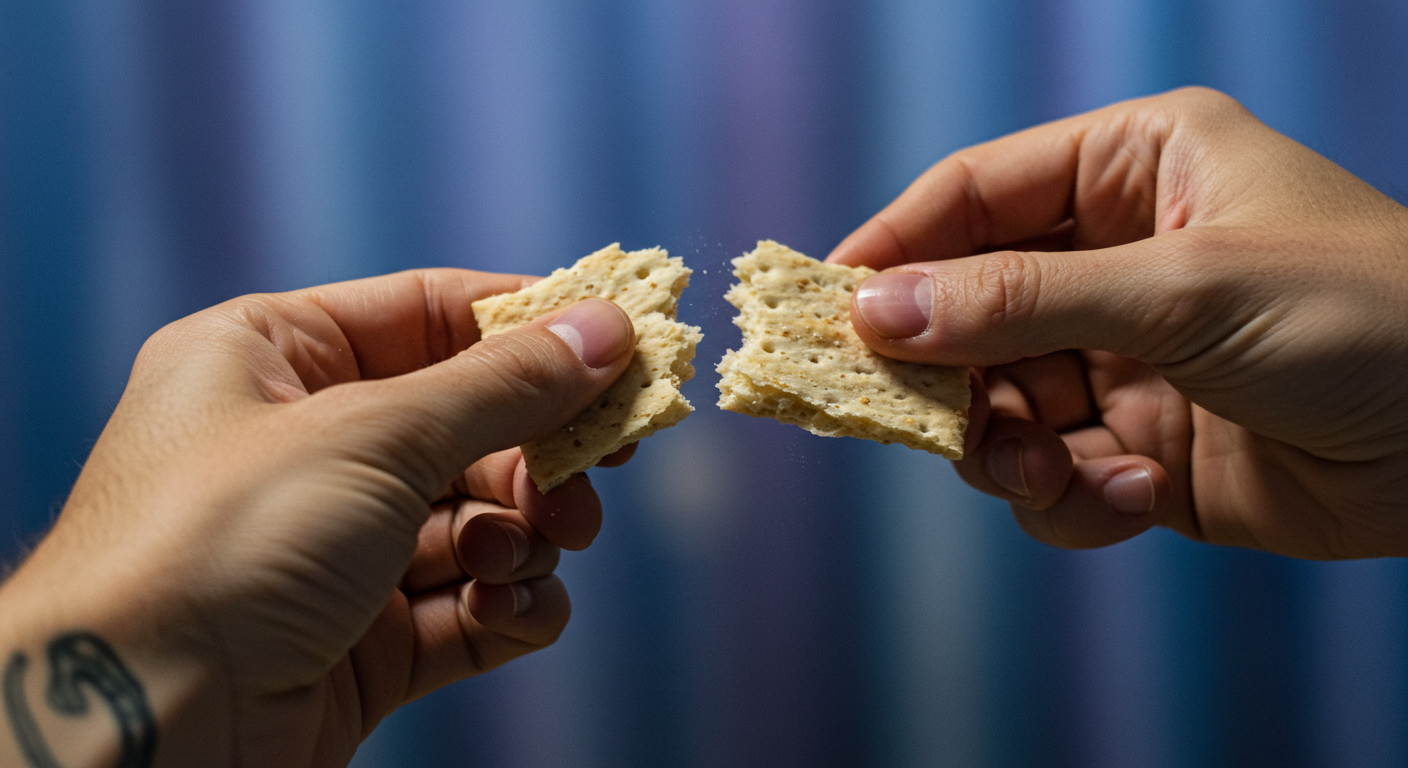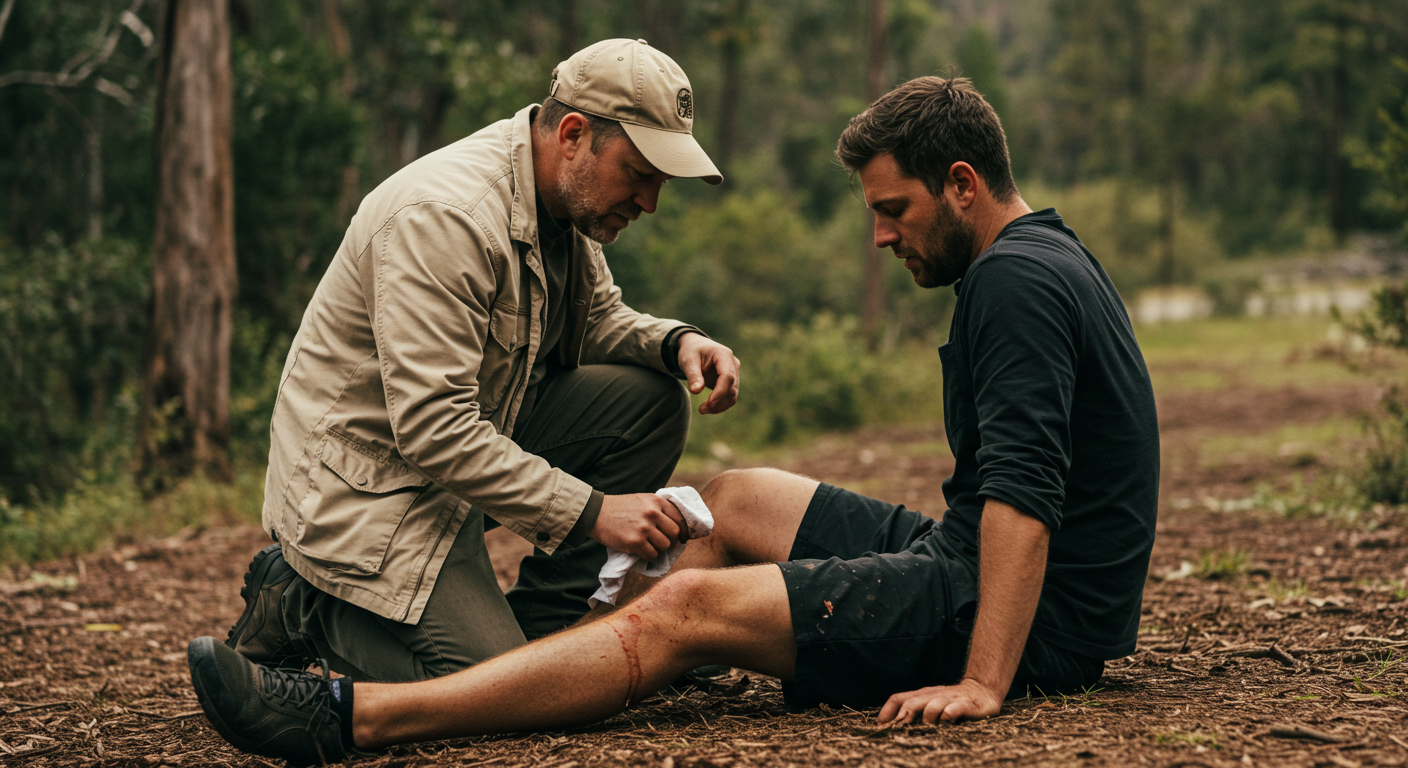We think of food as comfort and choice, but in a crisis, it becomes something else entirely: survival. The big question preppers ask—how long can you survive without food? The answer is more chilling than most people want to admit.
In a stable world, we take food for granted. We eat three meals a day, snack when we want, and rarely think about where our food comes from. But in a crisis, that illusion shatters. Food becomes a matter of life or death. The harsh truth is, most people are so disconnected from the reality of scarcity that they assume someone will always feed them. That assumption is a gamble—and hunger always wins.
The Hard Facts of Starvation
On average, a human can survive anywhere from 21 to 40 days without food, but that doesn’t mean you’ll be functional. Within a few days, you’ll feel dizzy, sluggish, and weak. Your body starts to break down muscle for energy, and mental clarity fades. After two weeks, your immune system is compromised, and you’re barely functional. By the time you hit a month, survival depends on sheer willpower, access to water, and a bit of luck.
More than just a test of endurance, starvation is a loss of function. A soldier who hasn’t eaten for a week is combat-ineffective. A parent who hasn’t eaten for ten days can’t carry their child to safety. You might be technically alive, but you’re useless when your family needs you most.
Food deprivation also crushes your mind. Hunger drives paranoia, short tempers, and desperation. Civilizations have toppled because of empty bellies. If you think you can “tough it out,” imagine trying to secure water, defend your home, or make a rational decision when your brain is screaming for calories. That’s not survival; it’s slow suicide.
The Survival Timeline: What Happens to Your Body
- Day 1: Hunger pains hit, blood sugar drops, and your focus weakens.
- Day 3: You’ll feel fatigued, irritable, and mentally foggy. The risk of dehydration rises as your body starts to lose water.
- Day 7: Your body begins to break down muscle for energy. Your strength and endurance plummet, making physical tasks difficult.
- Day 14: Your immune system becomes severely compromised, making you highly susceptible to illness. Your body enters a state of extreme weakness.
- Day 21+: Your body starts to cannibalize itself for energy, putting severe stress on your vital organs. Death can occur at any time after this point, depending on your health and other factors.
Why Preparedness is Non-Negotiable
This isn’t an abstract hypothetical. A single snowstorm can strip a supermarket bare in less than a day. An economic collapse or grid-down event can leave you without food for weeks. When a disaster hits, you’ll either be one of the desperate people fighting for scraps, or you’ll be home, calmly eating from a stockpile you prepared.
Preparedness is about removing panic from the equation. When everyone else is fighting for the last sack of rice, you’ll have the clarity to focus on other priorities—securing water, maintaining defenses, or tending to loved ones. Without food security, everything else collapses.
Depending on “the system” to provide is a death sentence. Governments ration, aid is stolen, and supply trucks may not make it through. The only food you can truly count on is the food already under your control. Prepping turns the question from “how long can I survive without food?” into “how long can I thrive with the food I’ve secured?”
The Smart Prepper’s Advantage
The real survivors plan their food storage with precision. They know exactly how many calories, protein, and carbohydrates are needed to keep their household alive for weeks, months, or even years. They understand that every ounce counts and that wasted food is wasted survival.
Smart preppers don’t hoard blindly; they strategize. They calculate calories per person, balance their nutritional needs, and rotate their supplies to prevent spoilage. They don’t just stockpile—they systematize. This means zero waste, maximum efficiency, and the knowledge that when a disaster hits, their pantry won’t just look full—it will sustain life.
Knowledge is what separates the prepared from the desperate. Without it, you’re just stacking random cans until they expire. With it, you’re building a lifeline for your family. A smart prepper isn’t guessing how long they’ll last—they know. And that certainty is worth more than gold in a crisis.
When the shelves are stripped bare, your neighbors are fighting, and your kids are looking at you with hungry eyes, you’ll either wish you had prepared, or you’ll be grateful you did. There’s no middle ground.
